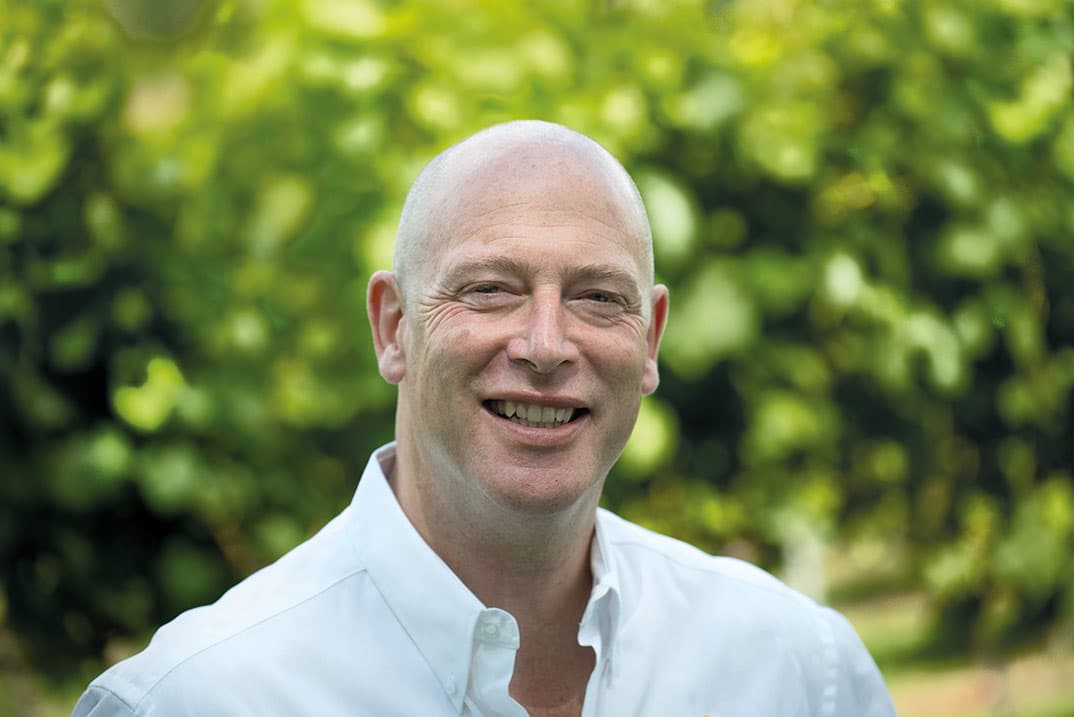CHAPEL DOWN toasted another year of success last week after the Kent wine and beer maker reported increased sales and profits in 2016.
The vineyard operators, which last year raised £1.74 million pounds through crowdfunding to expand their capacity to bottle and distribute their Curious Brew range of beers and ciders, has also benefited from increased overseas orders.
However, the Tenterden-based company warned in its statement that while the result of the EU referendum has had ‘no real impact’ on its business, the negative consequences may come later.
It said: “We would be affected, like all agriculturally based businesses if we were not able to access EU workers for our viticulture and the expertise in winemaking available in Europe.”
But for now, the company is firing on all cylinders, with total sales climbing 25 per cent in the year ending December 31 to £10.23 million.
Individually, wine remained the main source of income, accounting for around two thirds of sales, which rose 22 per cent. However, beer and cider sales are closing the gap with growth of 32 per cent over the period.
Pre-tax profit also swung into the black at the NEX-listed firm to come in at £765,000 after a 2015 loss of £278,881.
Commenting on the latest results Chief Executive of Frazer Thompson said: “Chapel Down has enjoyed another excellent year of growth.
“In a highly competitive trading environment the company has continued to invest in the value of its brands, its vineyards and its people as we build a healthy, sustainable and innovative drinks company with an exciting future both at home and abroad.”
Trouble ahead?
Chapel Down’s fears of a worker shortage post-Brexit may be borne out after the Government recently rejected calls for a pilot seasonal workers scheme to help Kent farmers.
Many Conservative Kent MPs, have been lobbying for future immigration laws to be flexible enough to allow EU workers to come over during the main agricultural periods as many farms rely on their labour.
But Environment Secretary Andrea Leadsom – who herself went to school in Tonbridge – told the House of Commons the government has assessed the idea and decided ‘the evidence shows one is not needed’.








